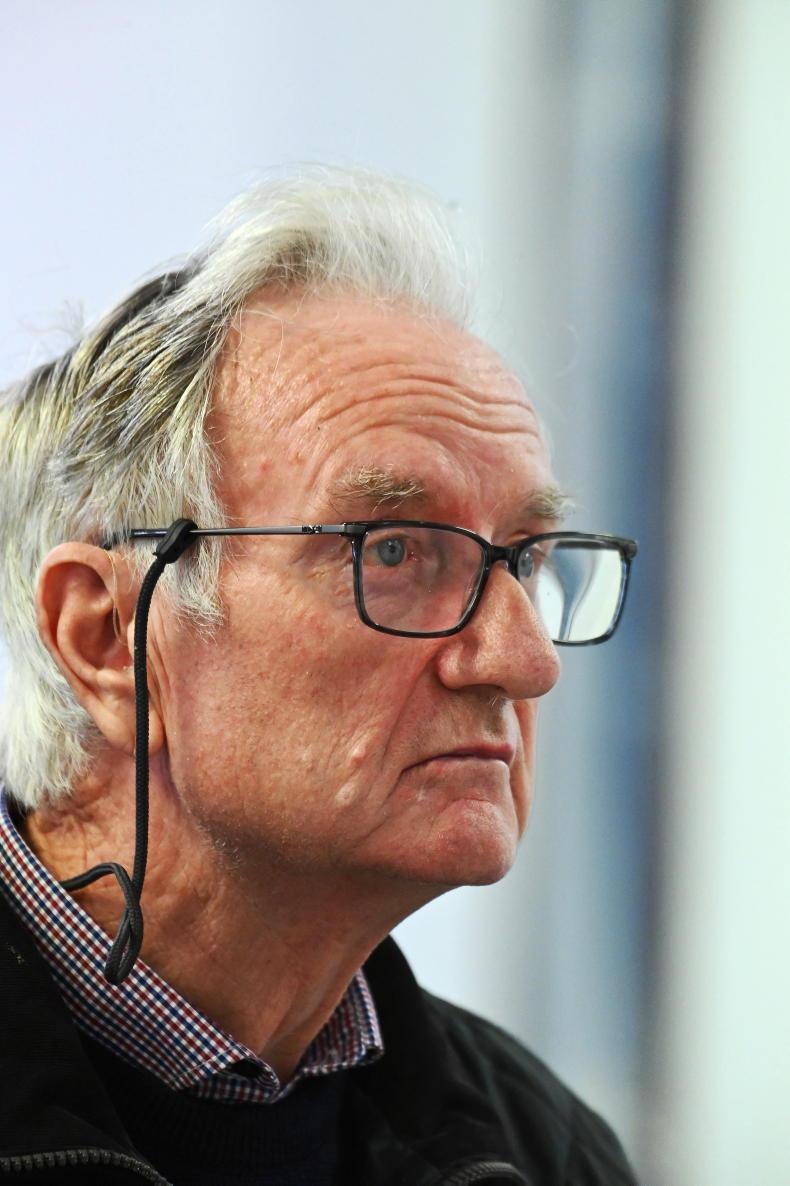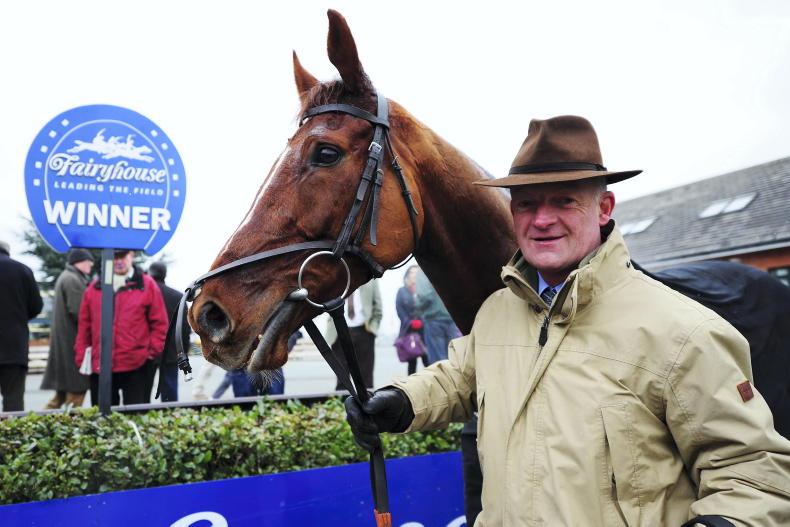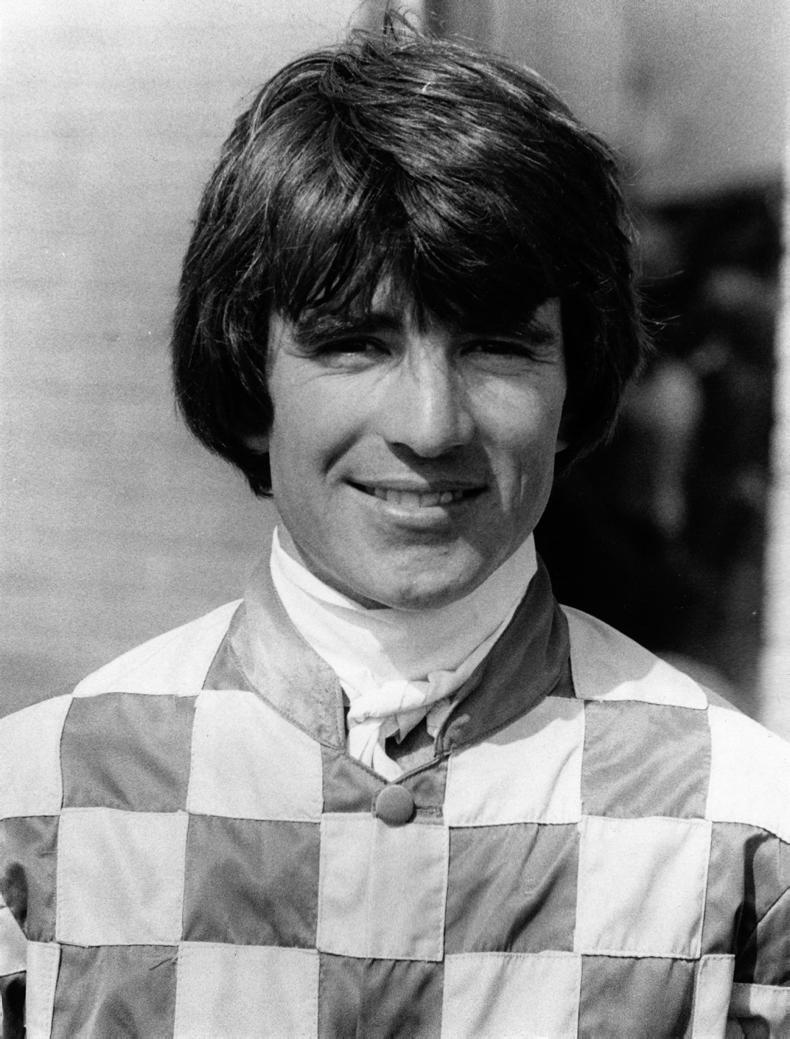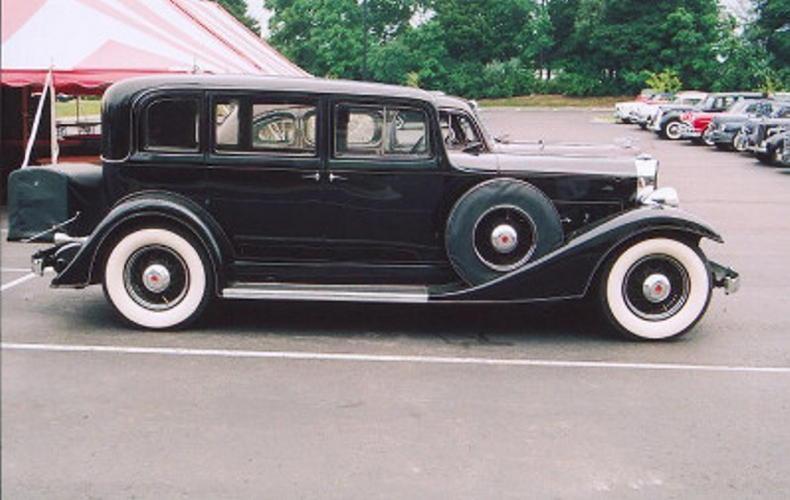2013
THE Irish Field is thrilled to add its name and weight to a new National Hunt Fillies’ Bonus Scheme.
The initiative, the brainchild of the ITBA’s National Hunt Committee under William Flood, will see the owners of qualified fillies and mares receiving a bonus payment of €5,000 for winning selected races in 2014.
It is hoped that this scheme will run indefinitely, and a positive feature is that it has received the unequivocal backing of all sectors within the industry. It is a self-help initiative that is one more boost to breeders, owners and producers of fillies.
While the plight of fillies has been a subject for discussion for all of my time being involved in the business, never has more been done to give them the lift that will help to enhance their appeal.
As a young man I enjoyed the triumphs of top-class performers such as Glencaraig Lady and Dawn Run, both winners of the coveted Cheltenham Gold Cup. How long will we have to wait to see another mare stride up that hill in glory?
Now we have a proactive approach being taken to the issue, with a more positive programme of races that will include a Grade 1 race for mares this spring. This will surely be copied and expanded upon, and help fuel further demand for fillies at the store sales.
With competitive owner’s championships being fought for, it is surely only a matter of time before fillies are on all shopping lists.
While I do not expect the introduction of the scheme to result in an immediate surge in trade and value for fillies, we must see this as a longer term project, and part of a greater overall programme to accord fillies their true value and worth. Their weight allowance against geldings is another positive move to make them more competitive.
We have seen many good fillies emerge in recent years and we will, I believe, see even more in the immediate future. Look at the excitement caused last week by Annie Power following her demolition of six opponents in a Grade 2 novice hurdle at Naas. She was the only mare in the race, and extended her unbeaten sequence to six.
It should not need stating, but mares are a superb investment, offering value for money, a rich programme for their sex, a tantalising weight allowance against geldings, and a residual value when their racing days are over. Now tell me why you wouldn’t race a filly?
[The introduction of this scheme, the weight allowance and a growing programme of races for fillies and mares has resulted in an avalanche of top racemares in the succeeding decade.
Congratulations to all who helped to make this a reality, rather than a dream, and how fortunate racing has been to see so many more top-class mares over jumps in the past 10 years]
Willie Mullins breaks Irish trainers’ record
2013
WILLIE Mullins’ extraordinary capacity to rewrite the record books was in evidence again [at Fairyhouse] as a double moved him on to the 156-winner mark for the campaign. He has now beaten Aidan O’Brien’s 17- year record for winners in a National Hunt season.
The champion trainer came into this fixture on the 154-winner mark, which left him just one behind O’Brien’s record of the 1995/96 season. Mullins didn’t have to wait too long to hold the record outright, which was achieved with Away We Go’s triumph in the two and a half mile handicap hurdle.
With two months of the season remaining, he can achieve a huge final tally, and it is remarkable to think that his previous best for a season came with his 146 victories in 2009/10.
The trainer commented: “I would have said that we wouldn’t have had a chance at the start of the season, but the wet summer was a huge help as we kept horses on the go who would otherwise have gone out on grass, and this meant that we had a lot of winners during a period when we usually wouldn’t. I think that’s what has made this possible.
“We didn’t set out to break the record, and it was only in the last few weeks that it was mentioned to me, but we just take it day by day, and every day we go racing we just hope to have a winner. The fact that we have now broken the record can be seen as a tribute to our owners, riders and all the staff in the yard,” he concluded.
In February 2012, Mullins set a new record for the fastest century of winners in an Irish National Hunt season. Such has been the success of this latest campaign that the trainer already had already posted 100 winners before Christmas.
[Willie Mullins ended that season with 193 winners, and his closest challengers were Gordon Elliott on 54 and Dessie Hughes on 51. Noel Meade saddled 47 winners that season, Tony Martin 34, Henry de Bromhead 32 and Jessica Harrington 28. Mouse Morris and Eoin Doyle were the only others to train more than 20 National Hunt winners in Ireland that season]
First Irish glimpse of McHargue
1983
THOSE who stayed behind to watch the work after racing at Leopardstown last Wednesday caught their first glimpse of American jockey Darrel McHargue in action on an Irish racetrack.
The 28-year-old rides for Dermot Weld this season and has a two-year contract. Principal in bringing Oklahoma-born McHargue was Dermot’s chief patron, Bert Firestone.
Approached in the autumn by Firestone with a proposition to ride over here, McHargue paid a quick visit, and then returned home to California to think it over. He accepted the contract, which will also see him riding horses for Robert Sangster and Walter Haefner.
Obviously such a rider could hardly have been enticed across the Atlantic for small money, and the Irish percentage will have to be heavily augmented by French and English excursions. The Weld stable won something in the region of £157,000 in this country last season, a major proportion of which was contributed by Prince’s Polly.
[McHargue in 1978 was the leading money-winning jockey in the USA with a record $6,188,353, and was voted an Eclipse Award winner. He partnered the great John Henry in 11 of his starts, winning the San Juan Capistrano Handicap, Hollywood Invitational Turf Handicap, San Gabriel Handicap, San Luis Rey Handicap, and San Marcos Stakes.
A proven rider on turf, in 1983 McHargue moved to Ireland, where he rode for Dermot Weld. In 1984 he was stable jockey for Luca Cumani and rode Ivan Allan’s outstanding colt Commanche Run in most of his races. Commanche Run put up an improved performance in the Gordon Stakes under Lester Piggott when McHargue was suspended, and Piggott replaced McHargue shortly before the St Leger at the instigation of Allan. The colt won by a neck under a superb ride from Piggott. McHargue soon returned home to California, and retired from riding in early 1988, and began a new career as a racing official]
Try to keep moving forward
1933
AN oldish gentleman of my acquaintance was very kindly giving me a lift home and studiously obeying my directions, as he did not know the way.
Through my carelessness he overshot a corner by a few yards. I apologised and said: ‘‘Never mind, you can reverse back, it is not worth while going on and taking the next turning.’’
Instead of immediately introducing reverse, my driver proceeded to fumble and fiddle about with the gear-lever in a most confused manner, whilst frantically jabbing at the clutch.
It was instantly apparent that he was trying to get the lever into a notch that did not exist. Presently, I showed him that, by pressing the lever outwards and the knob downwards, the desired portal could be entered, so that we were in reverse at last. The driver was by now literally perspiring with nervousness and anxiety.
He gripped the wheel as though it were a lifebelt, and sternly held it immovable.
Instead of looking behind him, he glued his eyes upon the road in front, whilst I, unknown to him, kept a look-out behind. In that quarter of a mile we made a speed of about one-quarter of a mile per hour until our road was opened up, and we could once more go forward.
Under a gentle cross-examination, my friend confessed that, although he had been driving this car for nearly two years, he had never once previously had it in reverse. He knew that it had a reverse, and blushingly acknowledged that a reverse must be there for some purpose, but it was something that a combination of luck and judgement had never required him to bring into action.
Every morning his car was brought to his front door by a man from the local garage; thereafter, if he wanted to go off in one direction or in the other, he simply had to go forward.


 This is a subscriber-only article
This is a subscriber-only article
 It looks like you're browsing in private mode
It looks like you're browsing in private mode








SHARING OPTIONS: